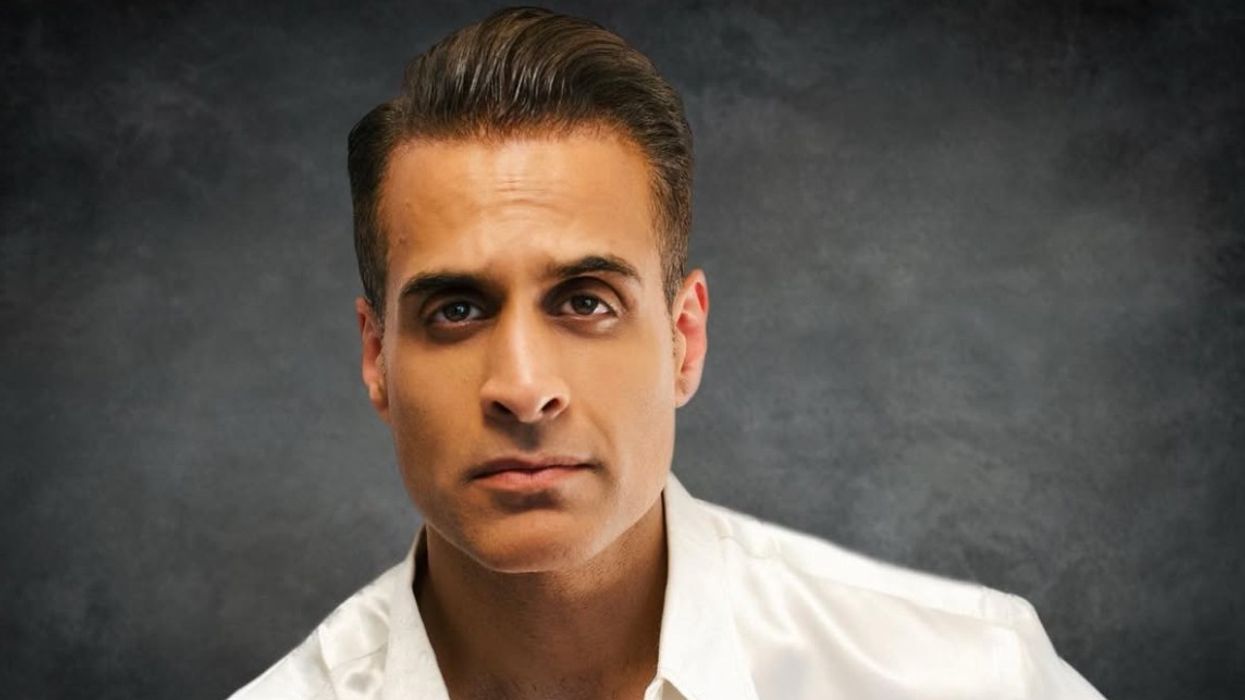James Cameron isn’t ditching his team for robots. Instead, the Avatar director is looking at artificial intelligence as a way to speed up the filmmaking process, not replace people. His change of heart has raised eyebrows, especially after he once called AI a danger to humanity referencing his 1984 sci-fi classic The Terminator as a warning.
Last year, Cameron joined the board of Stability AI, a company working on AI tools for visual media. Speaking on the Boz to the Future podcast, he admitted his earlier views were rooted in fear, but now he’s more interested in understanding how AI could fit into the creative side of movie-making especially when it comes to visual effects.
“It’s not about firing anyone,” he said. “It’s about getting through the work faster so artists can move on to the next exciting project.” His idea is simple: if visual effects teams can finish their shots in less time, the whole process becomes more efficient, without sacrificing jobs or creativity.
Cameron used recent big-budget hits like Dune and Dune: Part Two as examples of the kind of storytelling he wants to preserve. But keeping that scale of cinema alive, he argues, requires finding ways to make production more affordable. AI, in his view, could help cut costs without cutting people.
Still, his shift in perspective hasn’t gone unnoticed. In 2023, he had openly criticised AI, saying it lacked the emotional depth to write meaningful stories. “If an AI wins Best Screenplay in 20 years, then I’ll take it seriously,” he joked in an interview. That comment, paired with his recent AI advocacy, has led to accusations of hypocrisy on social media.

Reactions have been split. Some see Cameron’s approach as practical, using technology to ease the burden on creative teams. Others think it’s a slippery slope, fearing it will eventually lead to job losses and soulless content. Some fans even argued that many films have managed fine without AI, so why the sudden push?
But Cameron insists his aim isn’t to automate creativity. It’s to give artists more breathing room and more time to do what they do best. Whether that vision holds up remains to be seen, the conversation around AI in Hollywood isn’t going away.






 Chirag Rao brings the magic of Bollywood hits to life with a jazz twist in his upcoming Bollywood Bratpack concert
Chirag Rao brings the magic of Bollywood hits to life with a jazz twist in his upcoming Bollywood Bratpack concert Nazeem Hussain prepares to bring his unique comedic style to Leicester Square Theatre for his highly anticipated You Paid For This show
Nazeem Hussain prepares to bring his unique comedic style to Leicester Square Theatre for his highly anticipated You Paid For This show Jewel Thief – The Heist Begins: Despite a star-studded cast, this Netflix release is shaping up to be another disappointing addition to the streaming platform
Jewel Thief – The Heist Begins: Despite a star-studded cast, this Netflix release is shaping up to be another disappointing addition to the streaming platform Isabelle Kaif’s journey in Bollywood continues to be plagued by setbacks, with her upcoming film Suswagatam Khushamadeed facing an uncertain future
Isabelle Kaif’s journey in Bollywood continues to be plagued by setbacks, with her upcoming film Suswagatam Khushamadeed facing an uncertain future Abir Gulaal brings together Fawad Khan and Vaani Kapoor in a cross-border romantic comedy, offering a refreshing message of love and unity
Abir Gulaal brings together Fawad Khan and Vaani Kapoor in a cross-border romantic comedy, offering a refreshing message of love and unity Ambika Mod takes centre stage in Porn Play, an intriguing and thought-provoking production at the Royal Court, expected to be one of the year's most in-demand theatre events
Ambika Mod takes centre stage in Porn Play, an intriguing and thought-provoking production at the Royal Court, expected to be one of the year's most in-demand theatre events Emraan Hashmi hopes for a career revival with a sequel to Awarapan, but his recent track record leaves many confused about his comeback
Emraan Hashmi hopes for a career revival with a sequel to Awarapan, but his recent track record leaves many confused about his comeback













 Still Playing the Hero: Salman Khan in Sikandar, a film that proves he’s out of touch with both time and taste
Still Playing the Hero: Salman Khan in Sikandar, a film that proves he’s out of touch with both time and taste